Wählen Sie aus verschiedenen Englisch Lehrkräften für ...

The 5 Best Practices of Confident Language - EP 31
Beschreibung
The boardroom. A crucial client meeting. A high-stakes sales call. These scenarios demand clear and confident communication. Here are five best practices to elevate your language and project unwavering self-belief:
Power Verbs: Replace wishy-washy verbs with action-oriented ones. Instead of saying, "We could explore this new marketing strategy," say, "We will implement this data-driven strategy to boost brand awareness by 20%." This injects decisiveness and ownership into your message.
Be Specific: Unspecific claims lack impact. Instead of "Our product is the best," showcase its strengths with data. Say, "Our software boasts a 98% customer satisfaction rate and a 25% reduction in processing time compared to competitors." Specifics build trust and credibility.
Direct Address: Engage your audience directly. Ditch phrases like "I think" or "in my opinion." Say, "We can deliver this project on time and within budget." This conveys authority and ownership of your ideas.
Positive Framing: Focus on the strengths of your solutions. Instead of, "This plan might have a tight deadline," say, "This fast-track approach allows for agility and capitalizes on current market trends." Highlighting positives reassures and motivates your audience.
Conciseness is Key: Eliminate unnecessary words and filler phrases. Instead of, "We believe that this approach might be a good way to proceed," say, "We propose this solution to achieve optimal results." Concise communication delivers a clear message and maximizes impact.
I use confident language every day with my clients. I also use it with family, friends and any chance I get. Many of us use language that is unclear or passive habitually, without intent or purpose.
One of the first habits I work on with my clients is the overuse of - I think, maybe, and I don't know.
Start being aware of the phrases that you use, especially at the beginning and end of your sentences.
Podcast-Kanal
The Global Professional Podcast
Autor
Alle Episoden

三個好玩過癮嘅粵語詞彙:食花生,HEA,閃縮

第44回:サウジの学校~Schools in Saudi Arabia~
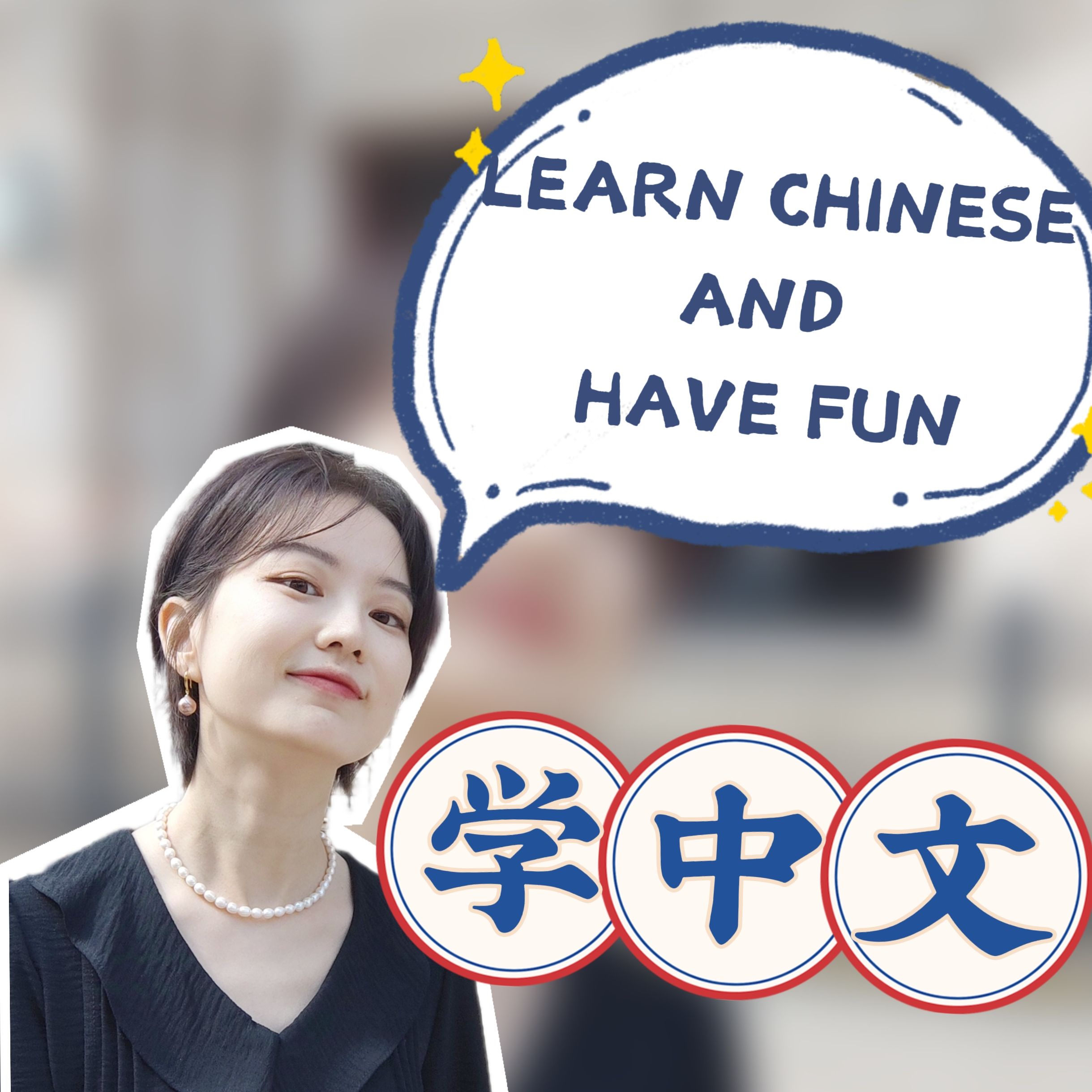
Power Up Your Chinese! The Everyday Use of 电 & 机
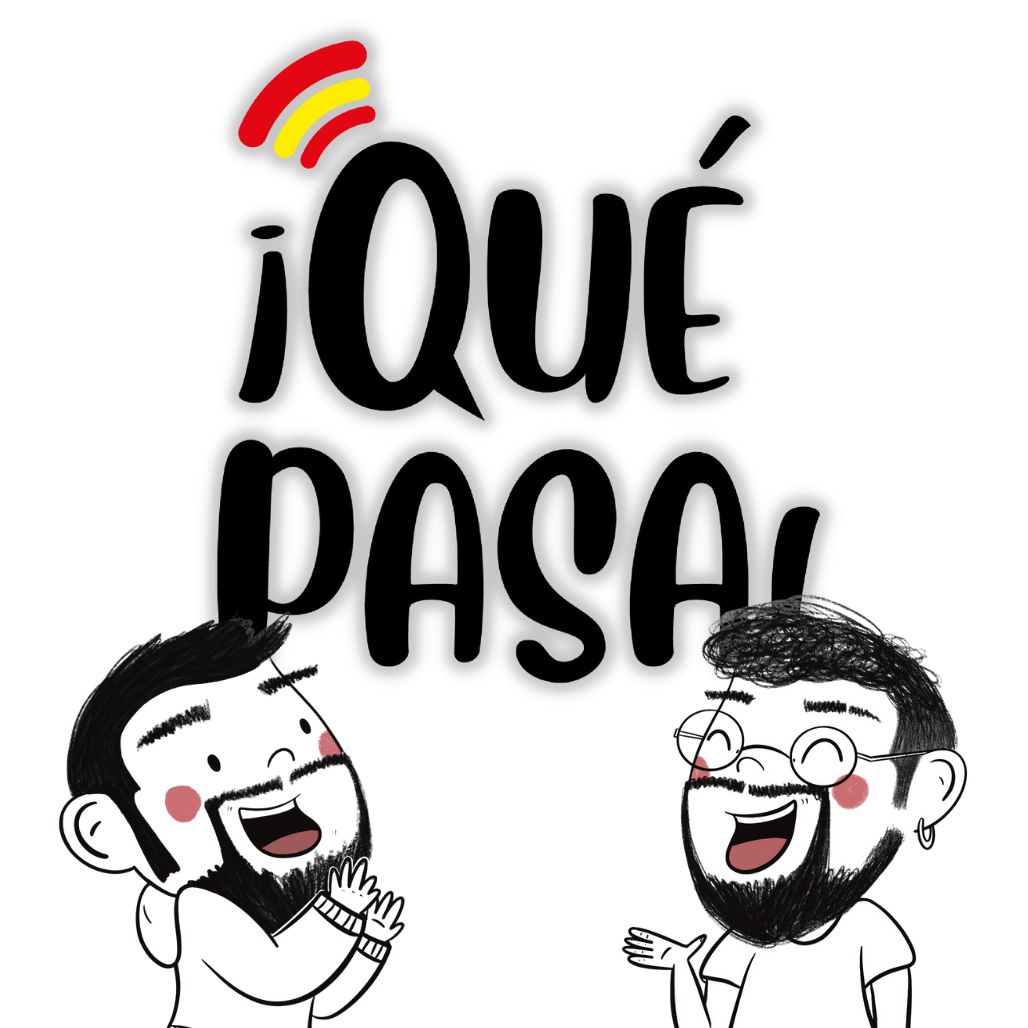
EL DÍA DEL LIBRO Y DRAGONES MUERTOS
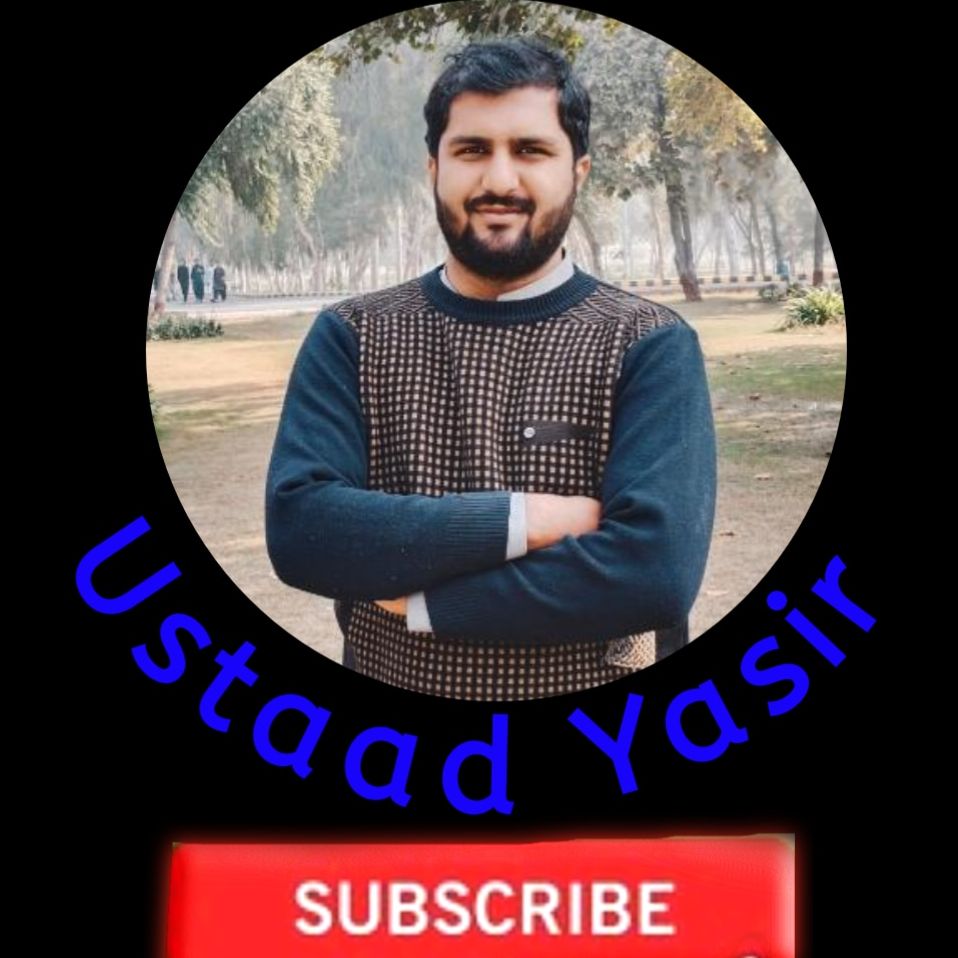
Daily Routine In Urdu
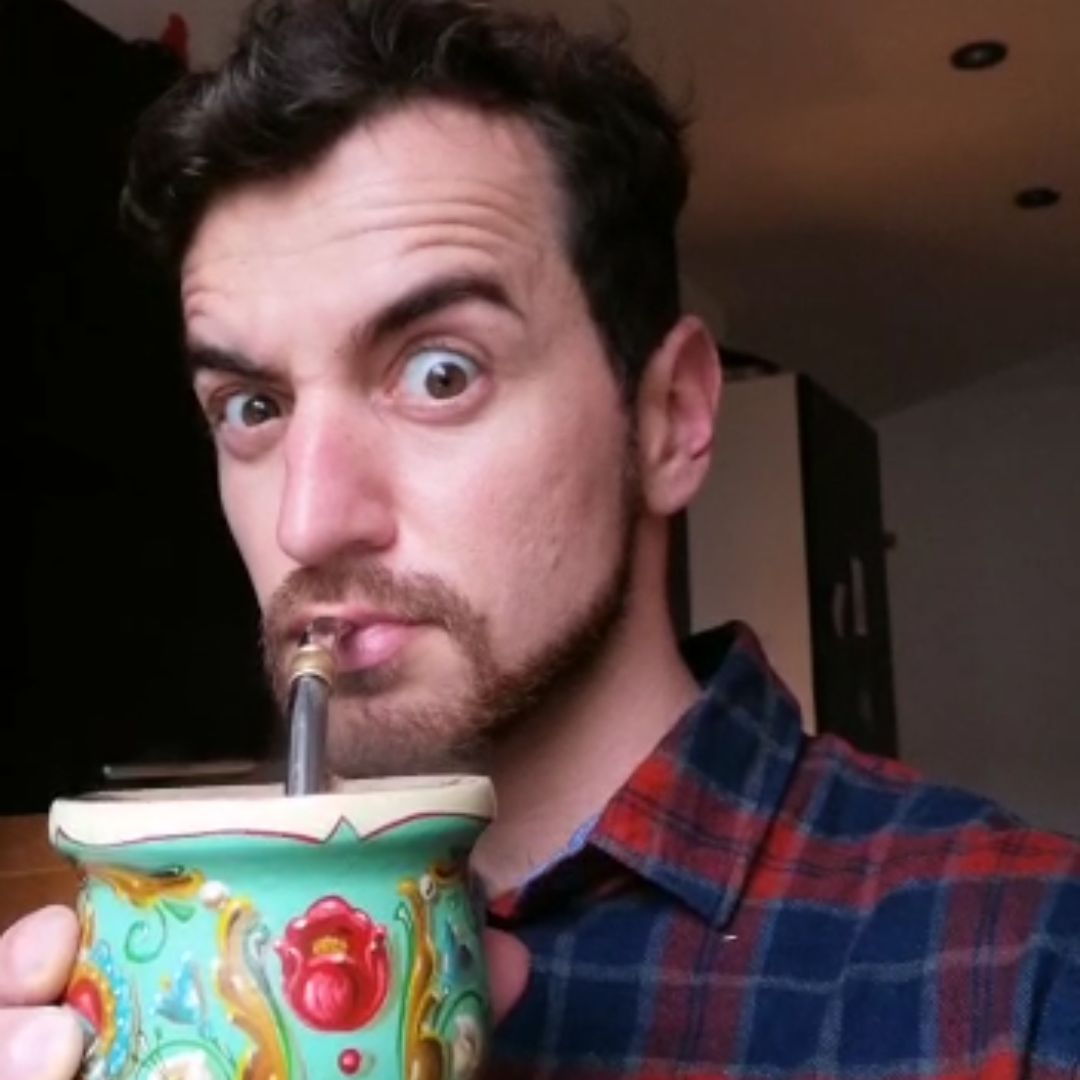
Proficiency vs Communication
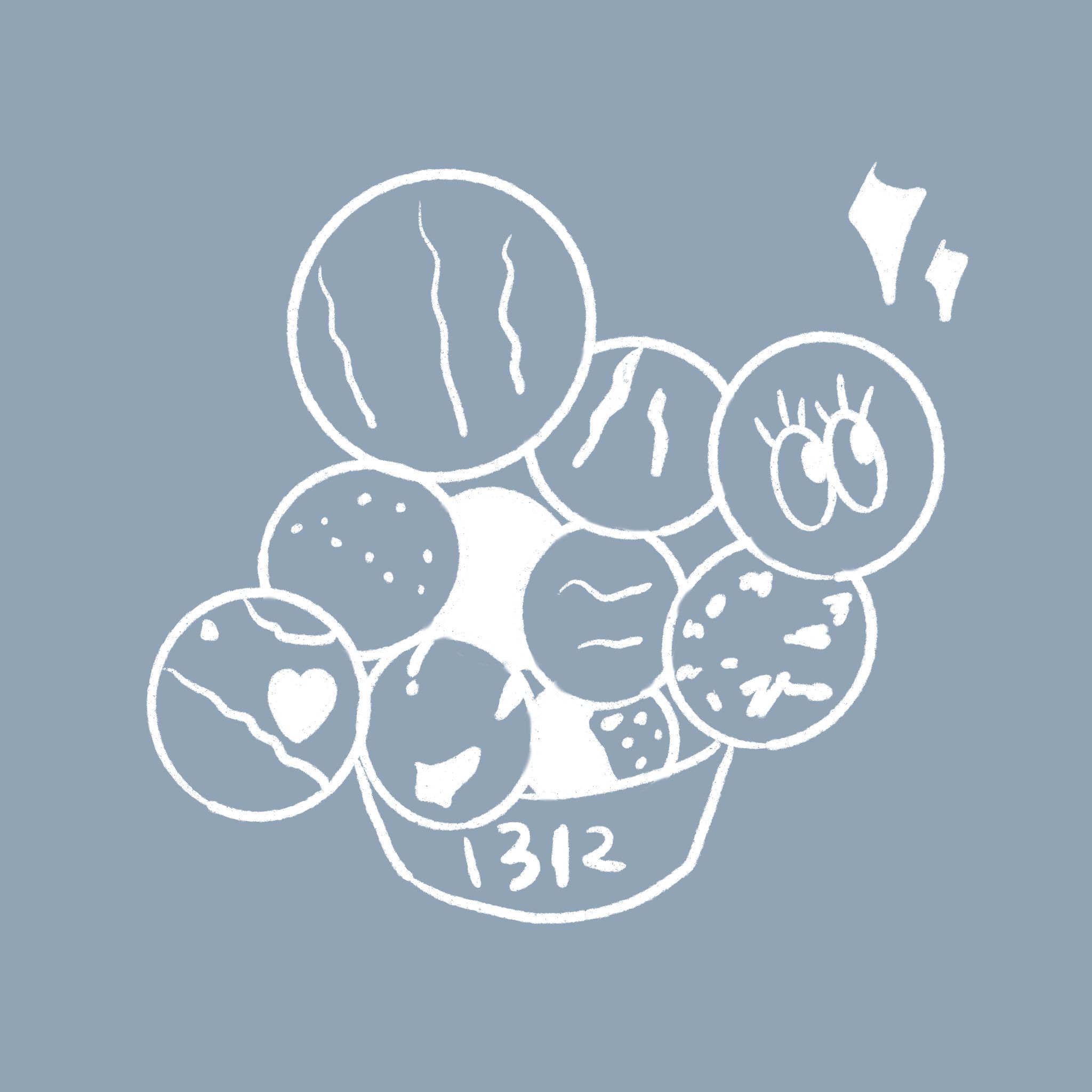
Ep.85 サーティワンアイスクリーム🍨
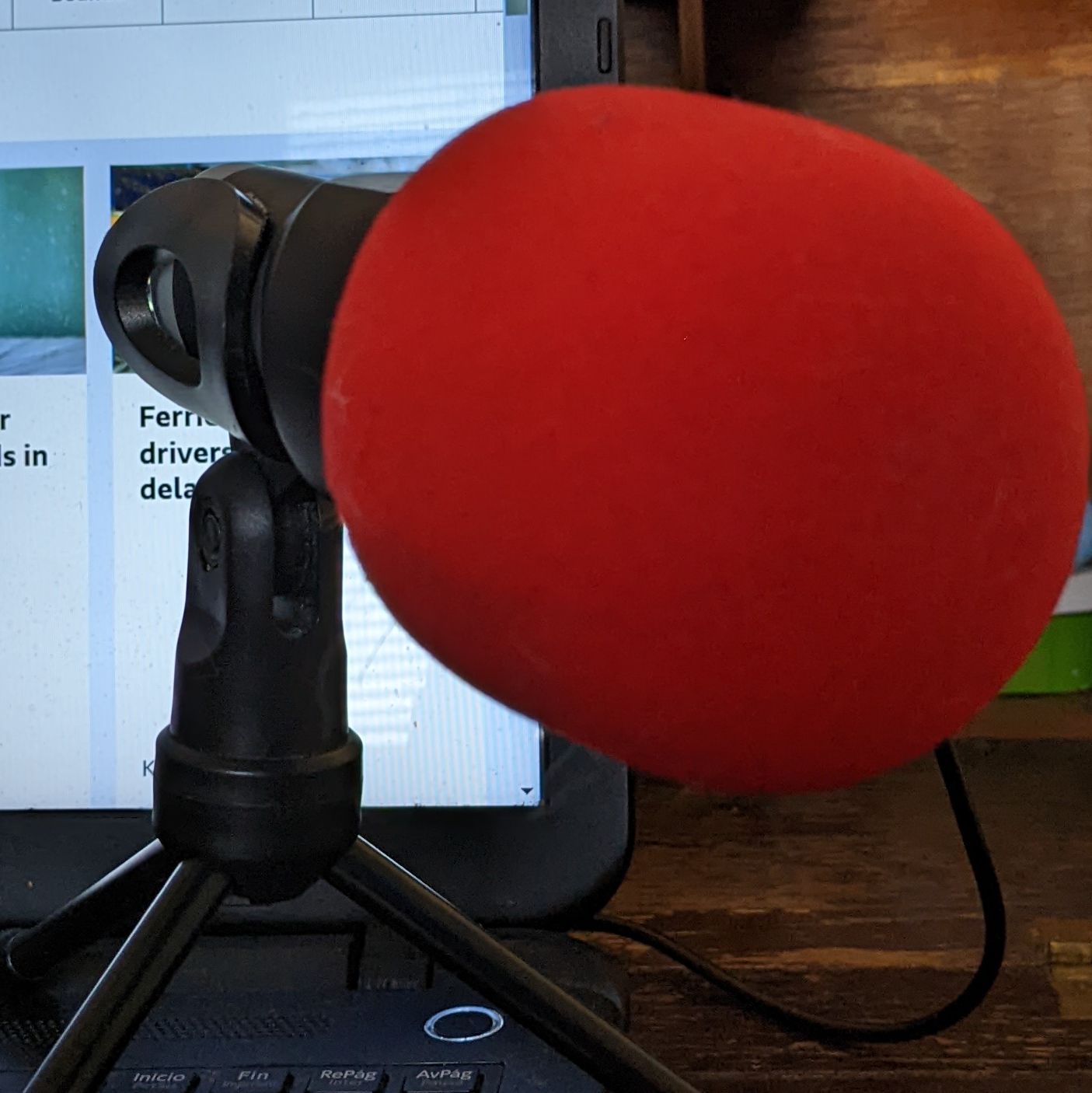
Where's my Chicken? (with transcript)
Beliebte Episoden

粵爾
三個好玩過癮嘅粵語詞彙:食花生,HEA,閃縮

Japanese with Yoshiko(スクリプト付)
第44回:サウジの学校~Schools in Saudi Arabia~

Learn Chinese and Have Fun!
Power Up Your Chinese! The Everyday Use of 电 & 机

¡Qué Pasa! Podcast en Español
EL DÍA DEL LIBRO Y DRAGONES MUERTOS

Ustaad Yasir
Daily Routine In Urdu

The Italian Miscellaneous Podcast🖐
Proficiency vs Communication

SeikaのPodcast🎧
Ep.85 サーティワンアイスクリーム🍨

Teacher Joseph's Podcast
Where's my Chicken? (with transcript)